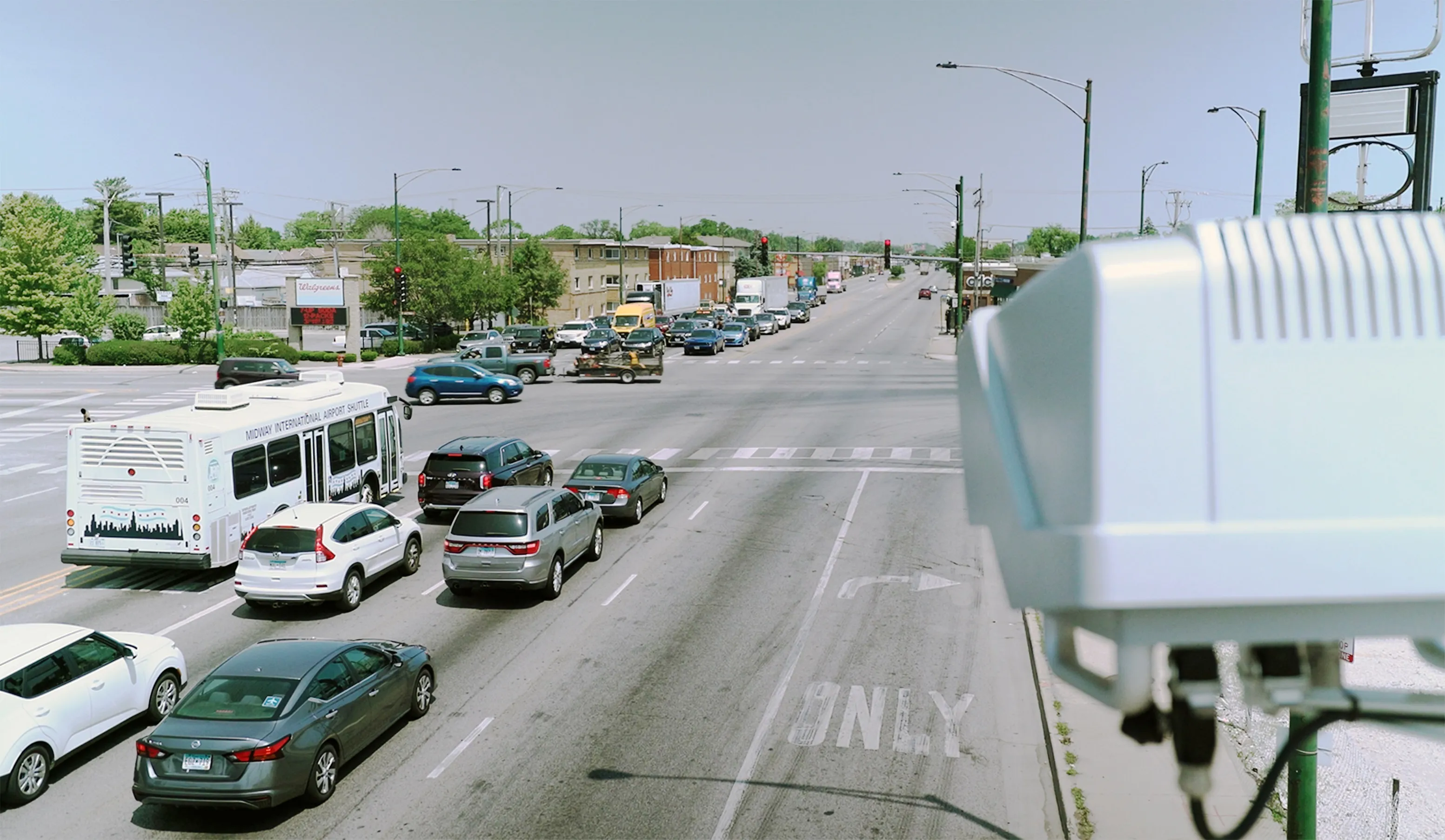Dubai Traffic Police has released data on the number of violations recorded by the newly installed Vitronic PoliScan systems; according to an official press release, the Lidar systems documented more than 51,000 violations in the first eleven months of 2015.
Dubai Traffic Police uses PoliScan to simultaneously enforce a number of different violations and the figure does not include speeding violations. Presenting the figures, director of Traffic Police Colonel Saif Muhair Al Mazroui claimed that the Vitr
December 8, 2015
Read time: 2 mins
Dubai Traffic Police has released data on the number of violations recorded by the newly installed 147 Vitronic PoliScan systems; according to an official press release, the Lidar systems documented more than 51,000 violations in the first eleven months of 2015.
Dubai Traffic Police uses PoliScan to simultaneously enforce a number of different violations and the figure does not include speeding violations. Presenting the figures, director of Traffic Police Colonel Saif Muhair Al Mazroui claimed that the Vitronic systems greatly reduced the fatality rate on Dubai roads.
With over 21,000 documented violations, overtaking on the hard shoulder has been the number one risk factor, closely followed by jumping red lights. More than 6,000 cases were heavy goods vehicles (HGV) leaving their designated lane and another 3,000 vehicles not adhering to traffic regulations such as HGVs driving within truck traffic prohibition times.
The PoliScan systems, also nicknamed Al Burj (the Tower) in the UAE due to their distinctive appearance, use non-invasive Lidar technology to create a real-time image of the traffic situation including the exact speed, lane and class of each vehicle. This enables the authorities to simultaneously enforce multiple violations such as speeding, red light violations and the illegal use of individual lanes.
Dubai Traffic Police uses PoliScan to simultaneously enforce a number of different violations and the figure does not include speeding violations. Presenting the figures, director of Traffic Police Colonel Saif Muhair Al Mazroui claimed that the Vitronic systems greatly reduced the fatality rate on Dubai roads.
With over 21,000 documented violations, overtaking on the hard shoulder has been the number one risk factor, closely followed by jumping red lights. More than 6,000 cases were heavy goods vehicles (HGV) leaving their designated lane and another 3,000 vehicles not adhering to traffic regulations such as HGVs driving within truck traffic prohibition times.
The PoliScan systems, also nicknamed Al Burj (the Tower) in the UAE due to their distinctive appearance, use non-invasive Lidar technology to create a real-time image of the traffic situation including the exact speed, lane and class of each vehicle. This enables the authorities to simultaneously enforce multiple violations such as speeding, red light violations and the illegal use of individual lanes.









